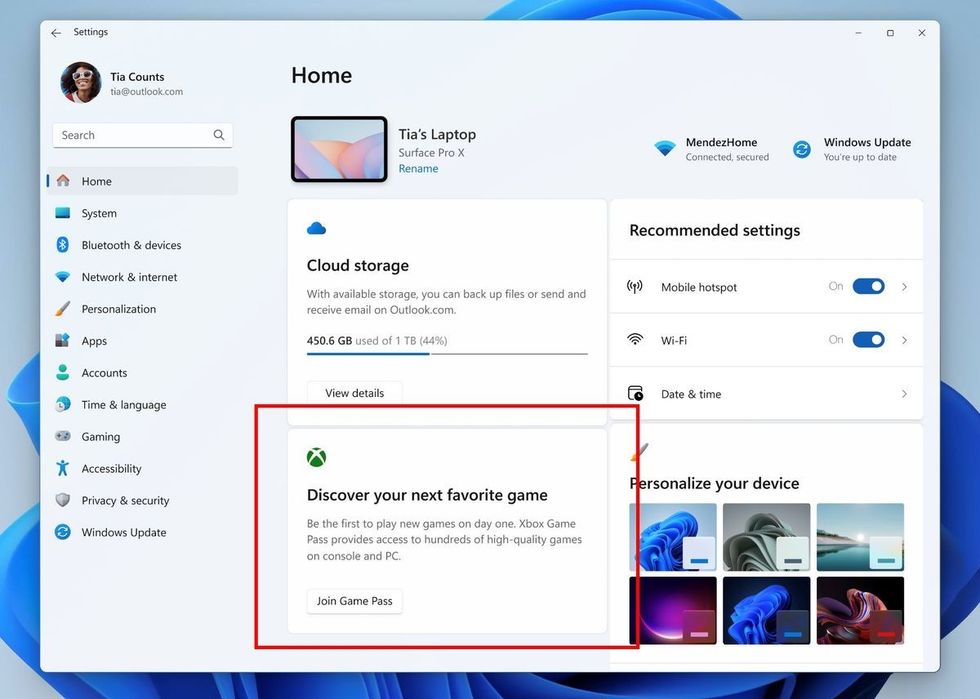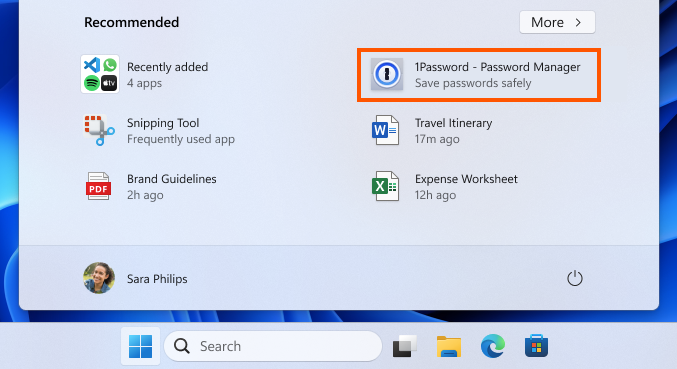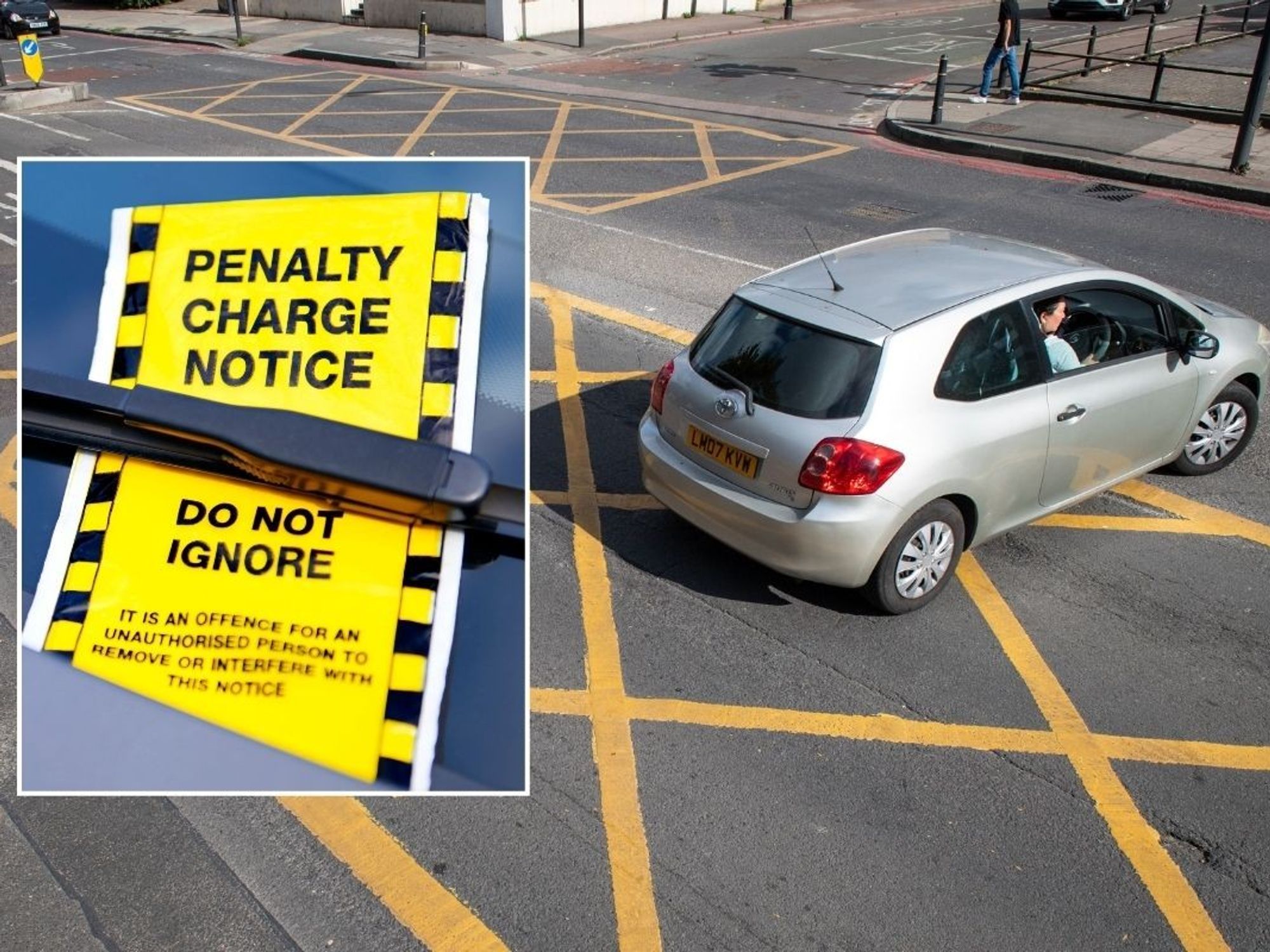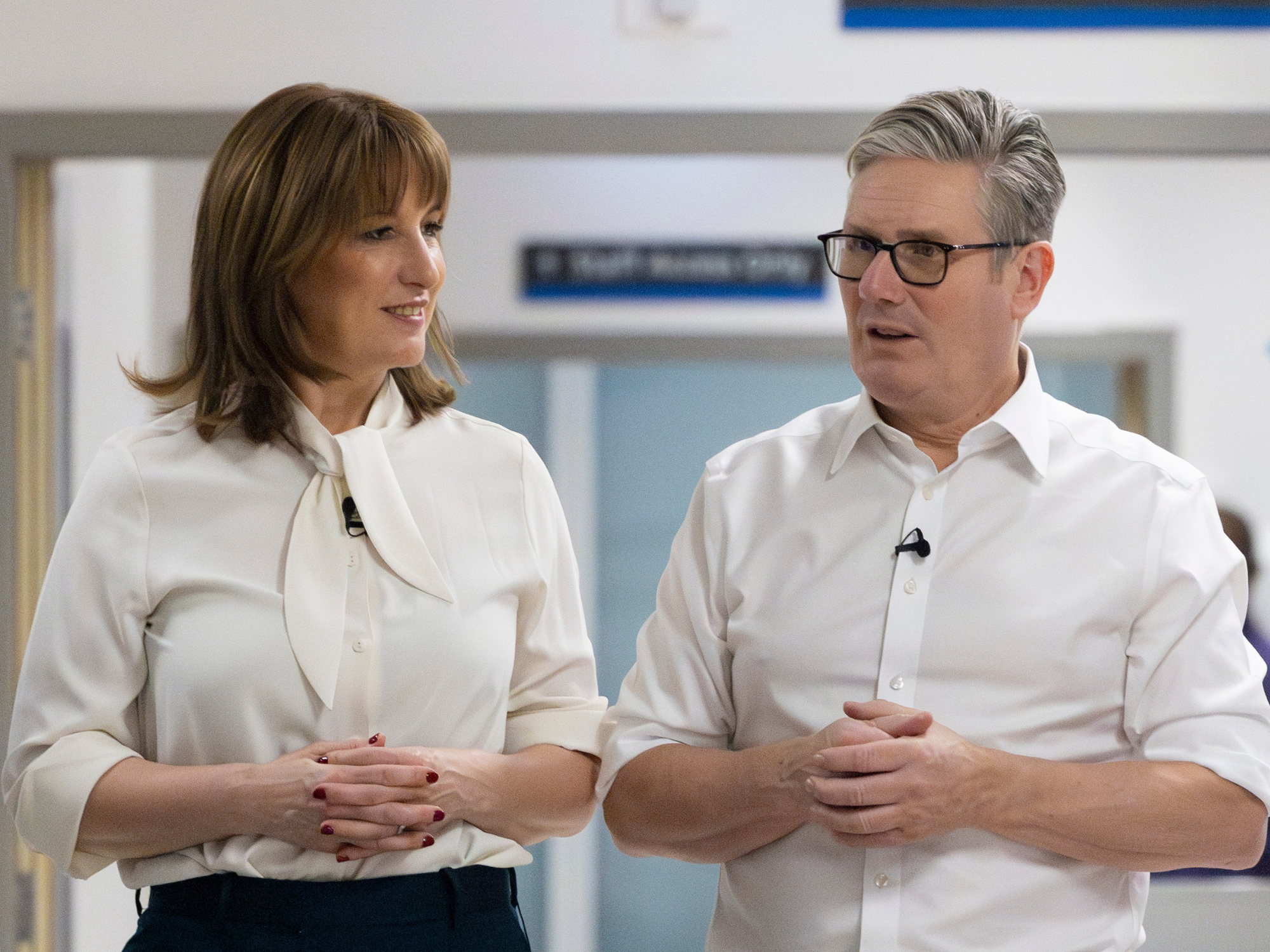Microsoft is adding MORE adverts to your Windows PC, and there's only one way to avoid them

If you're not a fan of video games, you might avoid this latest ad campaign
- Microsoft will bring more ads to its Windows 11 operating system
- New adverts will be located in the Settings menu
- It will promote Xbox Game Pass subscription, which starts from £7.99
Don't Miss
Most Read
All products are independently selected by our experts. To help us provide free impartial advice, we will earn an affiliate commission if you buy something. Click here to learn more
Microsoft is bringing more adverts to your PC.
Windows 11 Insiders — the volunteers who beta test the latest updates to the desktop operating system ahead of release — have flagged a new advertisement. The ad, which is expected to make its way to millions of PC owners later this month as part of Microsoft's regular monthly update, has infiltrated the Settings menu.
The last time Microsoft rolled out an advertisement to laptop and desktop PC owners worldwide, it was included in the Start Menu, highlighting software like 1Password from the Microsoft App Store.
According to Windows 11 Insiders, the latest advertising push is centred on Xbox Game Pass.

Microsoft is incorporating more adverts into Windows 11, beta testers have spotted
|MICROSOFT PRESS OFFICE
This Microsoft-owned subscription offers a rotating catalogue of blockbuster, multiplayer, and indie games to play on Xbox consoles and PC. Games can be streamed over Wi-Fi to play on iPad, Samsung Smart TVs, Android phones and tablets, and in the coming weeks, Fire TV Stick dongles too.
However, this latest ad campaign won't appear to everyone with Windows 11. If you've never played a game on your PC, you won't be shown the advert in the Settings menu, Microsoft-focused blog Windows Central reports.
This makes a lot of sense, since it's unlikely that someone who has never shown an interest in playing video games will want to subscribe to Xbox Game Pass, which starts from £7.99 and increases to £12.99 per month.
Xbox Game Pass Ultimate is a Netflix-like subscription that offers access to a rotating catalogue of console and PC games from Microsoft's in-house studios, which now includes Bethesda and Activision Blizzard, as well as other popular developers, like EA. After the £1 trial period, the subscription rises to £12.99 a month.

Microsoft has shared a screenshot of a Start Menu with an advert to the 1Password listing in the Microsoft Store
|MICROSOFT INSIDER BLOG
In-game progress is synched over the cloud, so you can pick up on one device, like a smartphone, iPad, Samsung Smart TV, or Fire TV Stick 4K Max, and then resume where you left off on an Xbox Series X, PC, or Series S console. Xbox has even integrated features like voice chat with other places into its cloud offering, so the experience should be very close to playing on a console.
If you have played a game on your laptop or desktop PC before, unfortunately, there's no way to block the adverts from appearing in Windows 11. Regardless of whether you've played a video game or not, you're likely to still be subject to the adverts in the Start Menu that were introduced earlier this year.
As well as the new ad campaign, Windows Insiders report that a new banner has been built into the Settings app designed to prompt users to register a recovery email address for their Microsoft account. This is an important step to help secure your account, in case you lose access to your primary email address.
When it revealed initial plans to build adverts into its desktop operating system, Microsoft justified the plans by stating "The Recommended section of the Start menu will show some Microsoft Store apps. These apps come from a small set of curated developers."
PCs managed by an organisation — such as laptops issued by a business, or Windows 11 devices in schools — will be exempt from the new adverts. For everyone else, the adverts will be switched on by default.
While it's possible the Start Menu advertisements will help Windows 11 users, especially newcomers to the platform, to stumble across useful applications they might otherwise have missed, the Recommended spots will help Microsoft to tempt third-party developers into building more applications for Windows.
It's possible to turn off the adverts inside the Start Menu. If you're installed the latest version of Windows 11, head to Settings > Personalization > Start and disable the toggle marked Show Recommendations For Tips, App Promotions, And More.
The KB5036980 update is optional for the moment, but Microsoft will start pushing the new operating system to millions of laptops and desktop PCs in the coming weeks.
When it confirmed the beta test for advertisements in its desktop operating system, Microsoft's Amanda Langowski and Brandon LeBlanc wrote in a company blog: "Building on top of recent improvements like grouping recently installed apps and showing your frequently used apps, we are now trying out recommendations to help you discover great apps from the Microsoft Store under Recommended on the Start menu.
"As a reminder, we regularly try out new experiences and concepts that may never get released with Windows Insiders to get feedback. Should you see this experience on the Start menu, let us know what you think. We are beginning to roll this out to a small set of Insiders in the Beta Channel at first."
Following the introduction of adverts in the Start Menu earlier this year, enraged PC users flooded the social network to complain about the decision. One posted: "Windows 11 will now greet you with... Ads!
"As part of a new feature to help Windows users move to other software, Microsoft will now start advertising apps on the start menu. Insane, but actually true."
If Microsoft starts putting ads into windows start menu a mass revolt will happen and ad blocks lol #microsoft #Windows11 #advertising they are threatening to do it which means they will
— vx1 (@vx1) April 12, 2024
"It's stuff like this that makes me hate Windows 11. Windows turning into Ad and spyware," another tweeted, before adding: "Also not to forget that they will be starting to charge subscriptions for keeping Windows 10."
The latter refers to the incoming subscription for all Windows 10 users to continue to receive critical security patches and bug fixes. It can cost as much as £337 across three years if PC owners refuse to upgrade, either because they don't like Windows 11 ...or because their machine doesn't meet the minimum hardware requirements established by Microsoft.
"If Windows starts showing me ads, what do I get in return?" one Windows 11 user quipped on X.
LATEST DEVELOPMENTS
- All-new streamer launches with 20,000 films and TV shows to watch for free
- Amazon is bringing MORE adverts to Prime Video
- Best VPN deals
- 5 details that Sky never told you about Sky Stream
This isn't the first time that Microsoft has introduced advertisements to its operating system. Adverts within the Start Menu were commonplace in Windows 10, which remains considerably more popular than its successor. Windows 10 also started to display adverts on the lockscreen ...something that has yet to make the jump to Windows 11.
Microsoft trialled introducing adverts into the File Explorer in Windows 11 last year, before ditching the experiment due to feedback. Based on some of the comments from disgruntled PC owners on X, that's something they clearly had hoped would happen to the Start Menu trial too.










